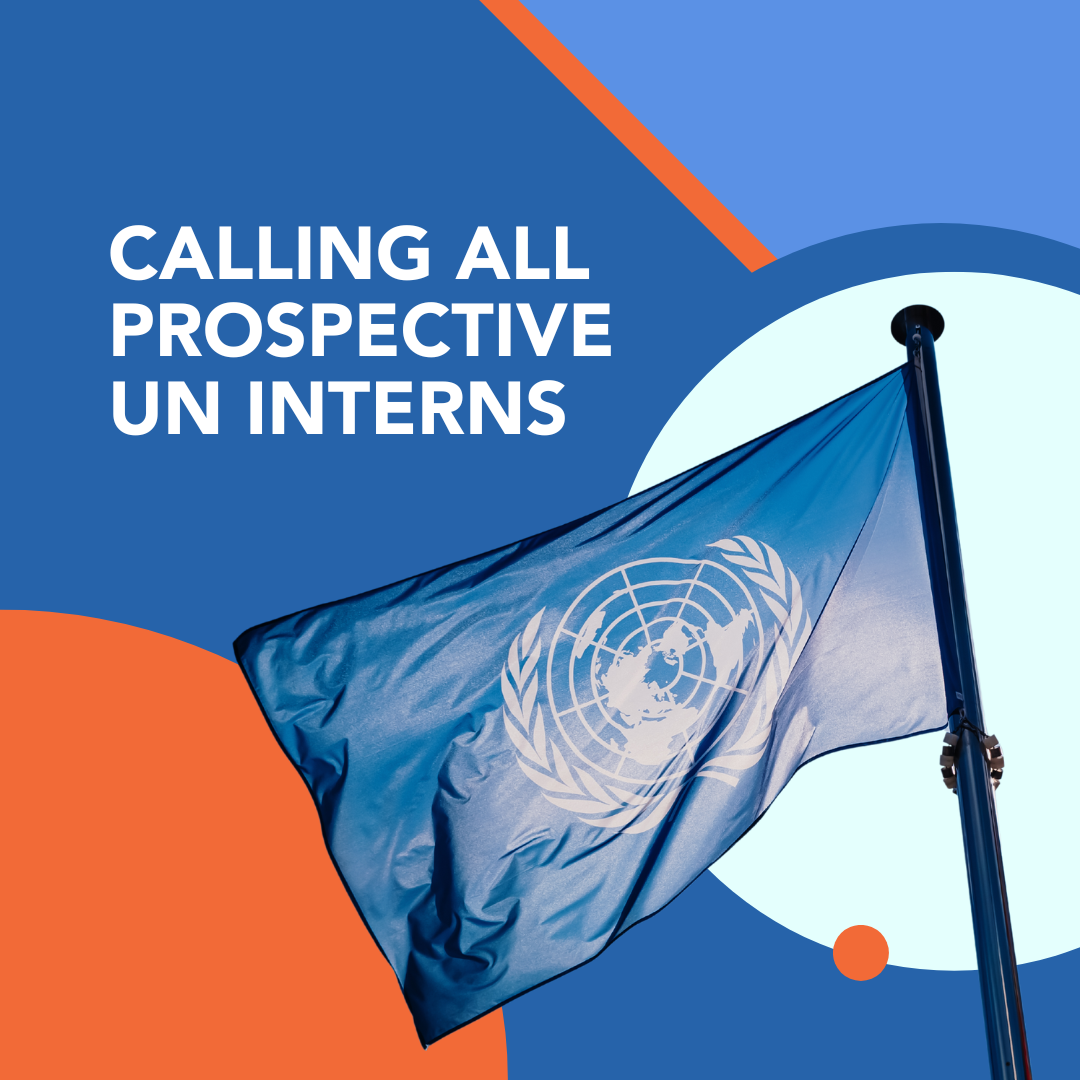UN Intern Reflection: Lisette Solis, UNA-USA Fellow
Lisette Solis serves as Statistics Division Intern at the United Nations Statistics Division (UNSD) in New York, NY. Lisette is supported by a grant from the UNA-USA Fellowship Initiative.
Learning to Appreciate the Bureaucracy of the UN
In many ways it feels surreal to be writing this blog post on my final day interning at the UN, an organization which I have admired for a long time. I am extremely grateful for the opportunity to work here and the support from the UN Association. I spent my summer supporting the statistics division in analyzing their training program, planning events, and researching how they can improve their online data platform. Working in the statistics division, I have had the chance to use skills from my prior work experience and new quantitative skills that I have gained in my master’s program, while also learning more about the work of the statistics division. I was really impressed by the innovative work the gender statistics team and the environmental accounting teams are doing.
However, working at the UN also comes with a more mature understanding of what it means to work for the UN. At its core the UN is beautiful. It is an agreement between countries born out of World War II to come together and prevent future conflict, protect human rights, and achieve sustainable development. However, this union also presents unique challenges. The UN is a huge organization whose core function is to support the 193 governments of the member states. This means that the UN essentially has 193 bosses with distinct histories, priorities, and needs. Working at this scale inevitably creates bureaucracy, and initially I was very disappointed by these inefficiencies. Sitting in on the intergovernmental meetings to decide what work would be done by the geographic data section, I was struck by how complex and political the process of building consensus and getting approval from all the member states was. This process was frustrating to watch, but at the same time, when I took a step back, I realized that it’s remarkable that people from all over the world are coming together to reach a decision.
I learned that working at the UN means dealing the frustrations of bureaucracy and politics, but also being part of an organization with the potential to make a huge global impact. The UN is the only organization that can bring together governments to build consensus on such a wide range of issues where collaboration is deeply needed. I am leaving this internship both inspired by this scope and, if I come back to the UN, motivated to find ways which these frustrations can be eased. Especially, as a technologist, I see so many opportunities in the UN to automate processes and better leverage data. I know that there are many projects starting in the UN around this type of digital transformation, and I think that improving the machinery of this important organization would be very rewarding. I hope that this is also an area in which younger staff with more diverse backgrounds can be engaged in the UN, which though made up of staff from around the world, can be homogenous in other ways.

The UNA-USA Fellowship provides financial support for American undergraduates, undergraduates who have received their bachelor’s degree within one year of graduation, and first year master’s students who have secured unpaid internships with the United Nations. If selected, you can be awarded up to $13,000 for up to four months.
Learn More



